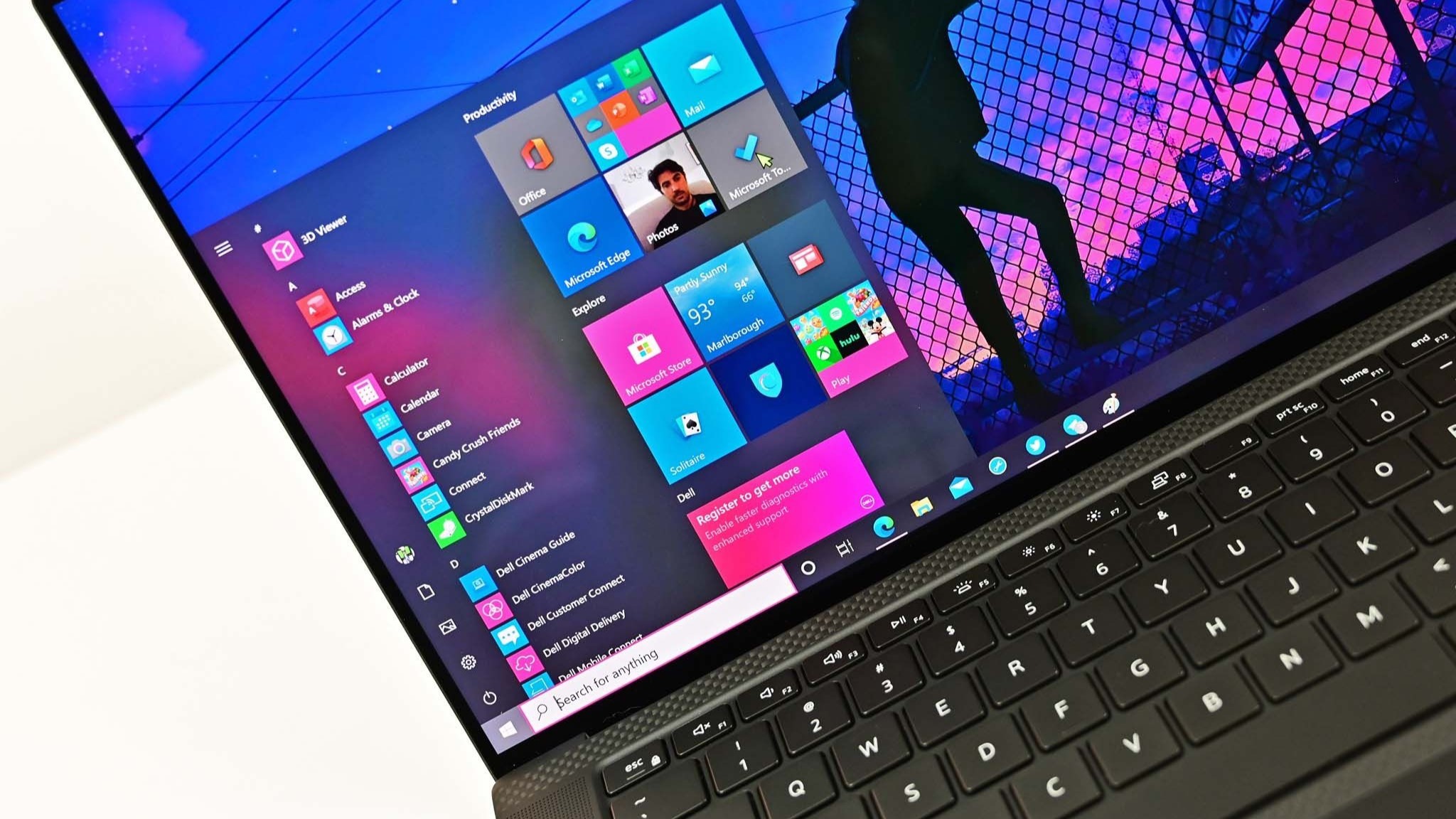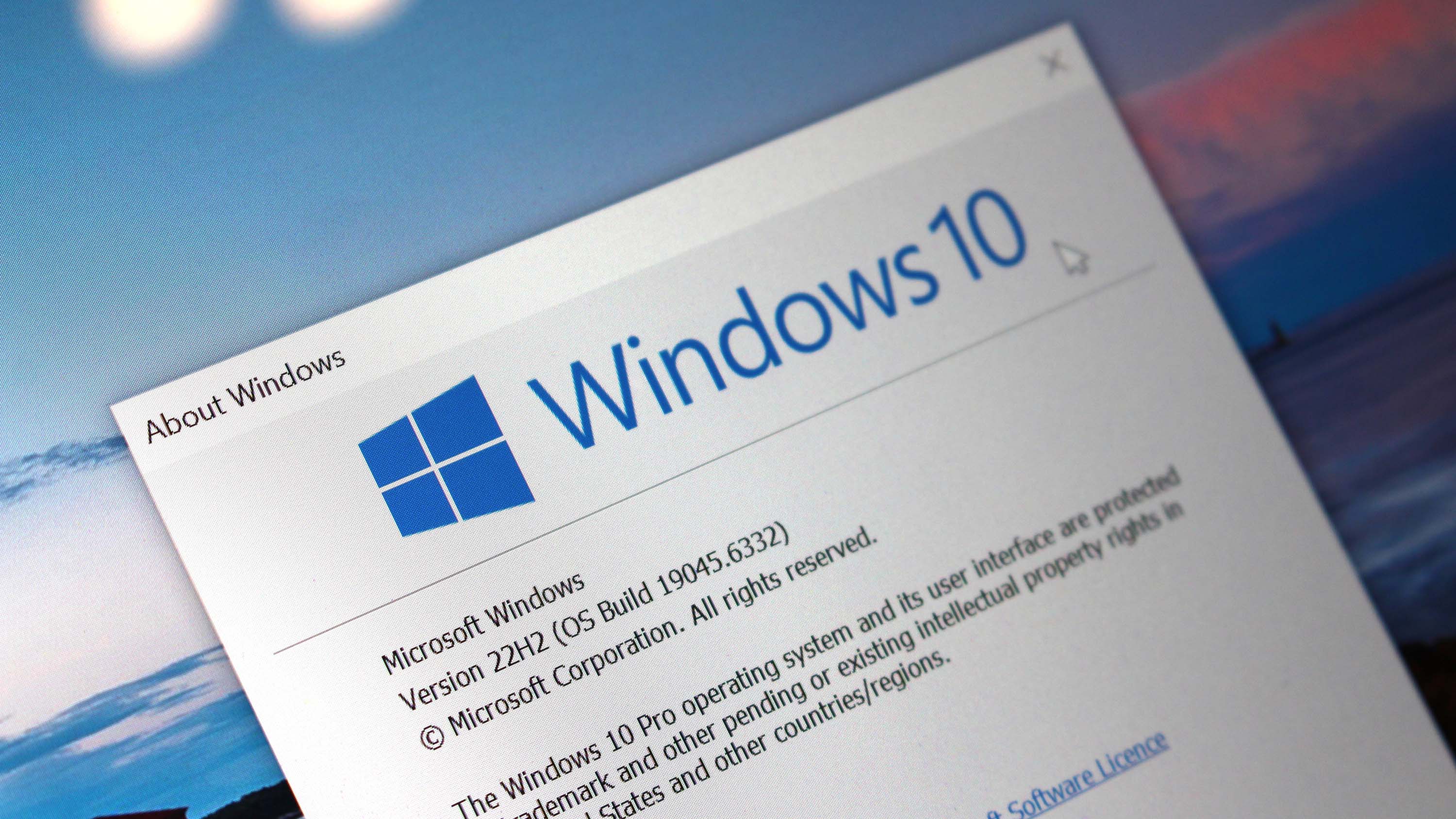Popular Windows 11 bypass tool hit by malware copycat | Flyoobe hijacked putting Windows 10 users at risk
A fake version of the popular Flyoobe tool is circulating online, tricking Windows 10 users into downloading malware under the guise of bypassing Windows 11 hardware checks.

All the latest news, reviews, and guides for Windows and Xbox diehards.
You are now subscribed
Your newsletter sign-up was successful
If you’re one of the millions of Windows 10 users looking to bypass Microsoft’s strict Windows 11 hardware requirements, beware: cybercriminals are exploiting that desperation. A fake version of the popular Flyoobe tool — used to install Windows 11 on unsupported PCs — is making the rounds, and it may contain malware or tampered code. The tool’s developer has issued a public warning, urging users to avoid unofficial mirrors and download only from the official GitHub page
While it's apparent that Microsoft would prefer these users to upgrade to Windows 11, it seems highly unlikely, especially for users with relatively new devices that have essentially been rendered obsolete following Windows 10's death. Some users have even branded Microsoft's decision to end support for the OS as programmed obsolescence.
Of course, alternative platforms like Linux and ChromeOS are seemingly gaining popularity among users who refuse to upgrade to Windows 11, citing Microsoft's stringent hardware requirements and flawed design elements. A lack of ads and telemetry tracking is also among the main incentives that could trigger the huge jump.
There's also been an increase in popularity for third-party tools that make the transition to Windows 11 a little bit less hectic. For instance, Flyoobe (formerly Flyby11) lets Windows 10 users bypass Microsoft's stringent hardware requirements, including 4GB of RAM, TPM 2.0 chips, UEFI with Secure Boot, and more, making it easier to install Windows 11 in outdated PCs.
While the software allows you to strip Windows 11 down to the basics by removing unwanted AI features and apps, bad actors are seemingly capitalizing on its growing popularity, following Windows 10's end of support, to trick unsuspecting Windows 10 users trying to upgrade to Windows 11.
As spotted by Tom's Hardware, the bad actors have availed a malicious update for the software via an official-looking domain. However, Flyoobe's developer has issued a warning about the suspicious website and update for the tool, further indicating that it is not affiliated with the project.
According to the security warning on Flyoobe's official GitHub page:
An unofficial mirror is being hosted at [URL] (do not visit), which may contain malware or a tampered build of Flyoobe.
Additionally, the developer has urged users to only download the tool directly from the official GitHub page. But these are among the critical issues that you are bound to encounter when interacting with third-party tools, which might even end up "bricking" your device. It's always important to tread carefully.
Microsoft's Extended Security Updates (ESU) program is also an option, but you'll need to sync your PC settings to the cloud via a Microsoft Account, or pay $30 or 1,000 Microsoft Reward points unless you're in the European Economic Area, where you can access Windows 10's ESU program for free without meeting the thresholds highlighted above.
However, groups like the Public Interest Research Group (PIRG) and The Restart Project have dismissed Microsoft's ESU program as a last-minute snooze button, which only acts as a band-aid on a bleeding system.
The tech giant has made bold statements, like"Windows 11 PCs are up to 2.3x faster than Windows 10 PCs," to get users to upgrade to Windows 11 with Copilot+ PCs, primarily due to their next-gen AI features.
This news comes after a YouTube Tech content creator's videos highlighting how to install Windows 11 using only a local account were mysteriously taken down. The creator was afforded a vague explanation, citing a breach of the platform's community guidelines and policies. According to YouTube:
"Again, the warning strike you received was issued based on violation of Harmful or Dangerous Content, which prohibits content that encourages or promotes dangerous behavior that encourages dangerous or illegal activities that risk serious physical harm or death."
While many users across social media suspected foul play on Microsoft's part, the creator didn't believe the company was involved. Instead, he suspected that YouTube was using AI to moderate content uploaded to the platform, which in turn flagged his videos as false positives and made the customer support process even more difficult.
As Microsoft phases out Windows 10 support, tools like Flyoobe will only grow in popularity — and so will the risks. Always verify the source before downloading third-party utilities, and remember: a shortcut to Windows 11 isn’t worth compromising your entire system.
FAQ
Is Flyoobe safe to use?
Yes — but only if downloaded from the official GitHub page. Unofficial versions may contain malware or tampered code.
What’s the danger with the fake Flyoobe tool?
A malicious copy is being distributed via a fake website. It may install malware or compromise your system.
What does Flyoobe do?
Flyoobe (formerly Flyby11) helps users bypass Windows 11’s hardware requirements — like TPM 2.0, Secure Boot, and RAM minimums — to install the OS on unsupported PCs.
Why are people using tools like Flyoobe?
Many Windows 10 users feel forced to upgrade, but their hardware doesn’t meet Microsoft’s requirements. Tools like Flyoobe offer a workaround — but not without risk.
Why Is Microsoft struggling to get users to upgrade to Windows 11?
The company's stringent hardware requirements for the operating system have primarily contributed to a vast majority of Windows 10 users not upgrading. Some have even claimed that Microsoft's decision to end support for Windows 10 is programmed obsolescence, prompting some to even consider ditching the ecosystem for alternatives like Linux and ChromeOS.
What’s Microsoft’s official alternative?
Microsoft offers Extended Security Updates (ESU) for Windows 10 — but only for a fee or with a Microsoft Account, unless you’re in the EU.

Follow Windows Central on Google News to keep our latest news, insights, and features at the top of your feeds!

Kevin Okemwa is a seasoned tech journalist based in Nairobi, Kenya with lots of experience covering the latest trends and developments in the industry at Windows Central. With a passion for innovation and a keen eye for detail, he has written for leading publications such as OnMSFT, MakeUseOf, and Windows Report, providing insightful analysis and breaking news on everything revolving around the Microsoft ecosystem. While AFK and not busy following the ever-emerging trends in tech, you can find him exploring the world or listening to music.
You must confirm your public display name before commenting
Please logout and then login again, you will then be prompted to enter your display name.

